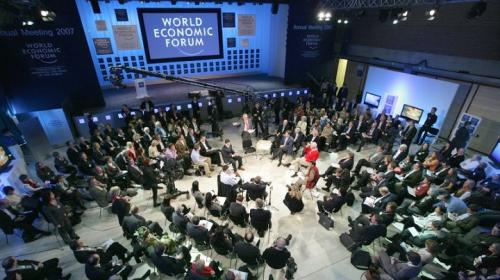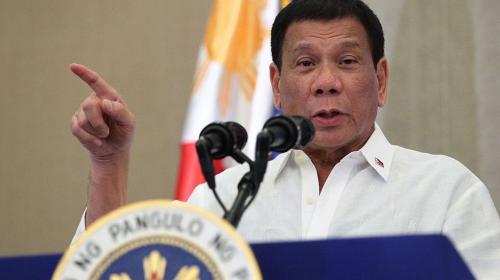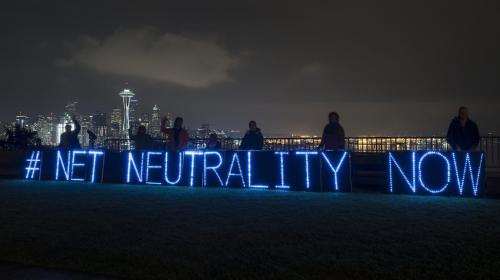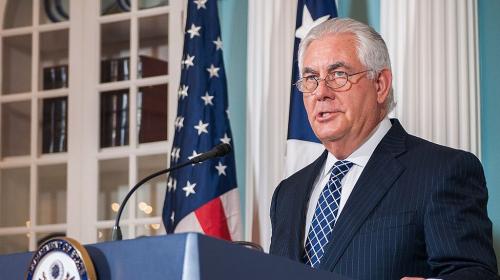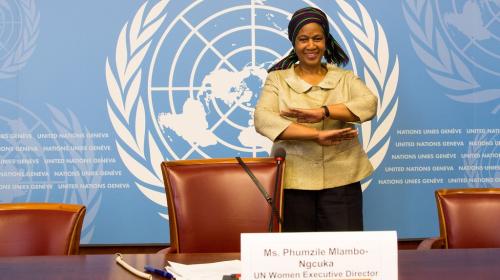Peter Laugharn, a Pacific Council Director and CEO of the Hilton Foundation, and Marie Kagaju Laugharn, a Pacific Council member and a board member of the Ihangane Project, attended the World Economic Forum and discussed their experiences and takeaways from the annual event.
Pacific Council member and LA 2028 CEO Gene Sykes recently attended the Olympic Winter Games and Paralympic Winter Games in PyeongChang. He shared some insights about his experience with the Pacific Council as Los Angeles looks to its own role as Olympic host city in 2028.
This week, Secretary of State Rex Tillerson is out; The Philippines pull out of the International Criminal Court; Britain expels Russian diplomats; and more.
With the FCC’s repeal of net neutrality in America and the outcry among citizens who fear the stripping of their digital rights, this is a key moment for internet freedom, writes David Gorodyansky.
The dismissal of Secretary of State Rex Tillerson came as no surprise, writes Philip Seib. Tillerson had expressed doubts about administration policy on matters ranging from NATO to Latin America, and in the Trump White House, honest disagreement is equated with disloyalty.
This week, President Trump introduces tariffs on aluminum and steel; Italy elects an entirely new government; the crisis in Syria continues; and more.
After two years on the job, U.S. Ambassador to Mexico Roberta Jacobson has announced that she will retire in May, but Pamela K. Starr writes that the bilateral relationship will survive Jacobson's departure.
Americans must once again turn our focus toward finding solutions together as a nation so we can reinvigorate that uniquely American sense of possibility, writes Kenneth Wun.
Our work is cut out for us in the foreign policy sector to invest in ways to make this a field where women will thrive and rise to the top, writes Jennifer Faust.


